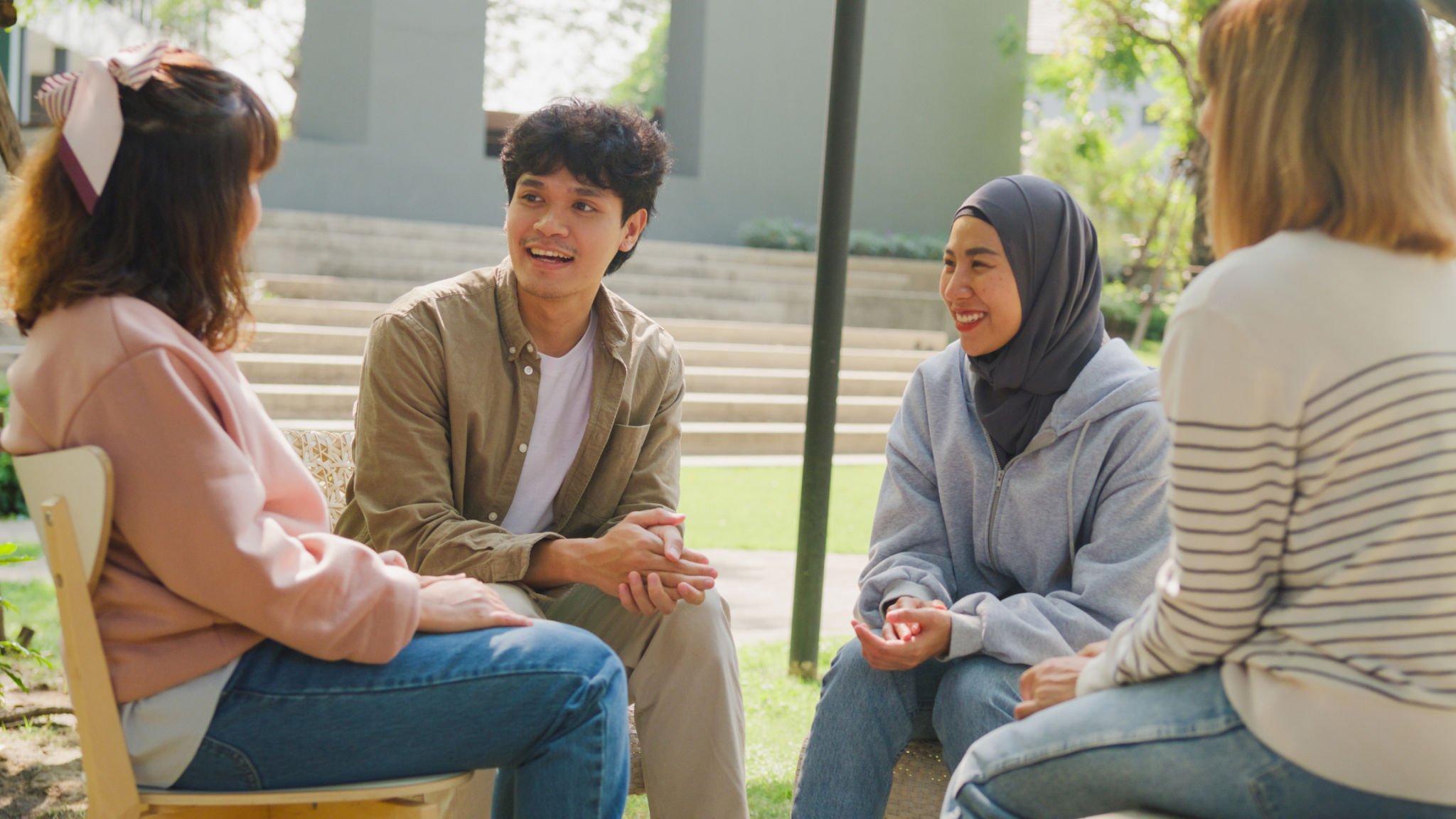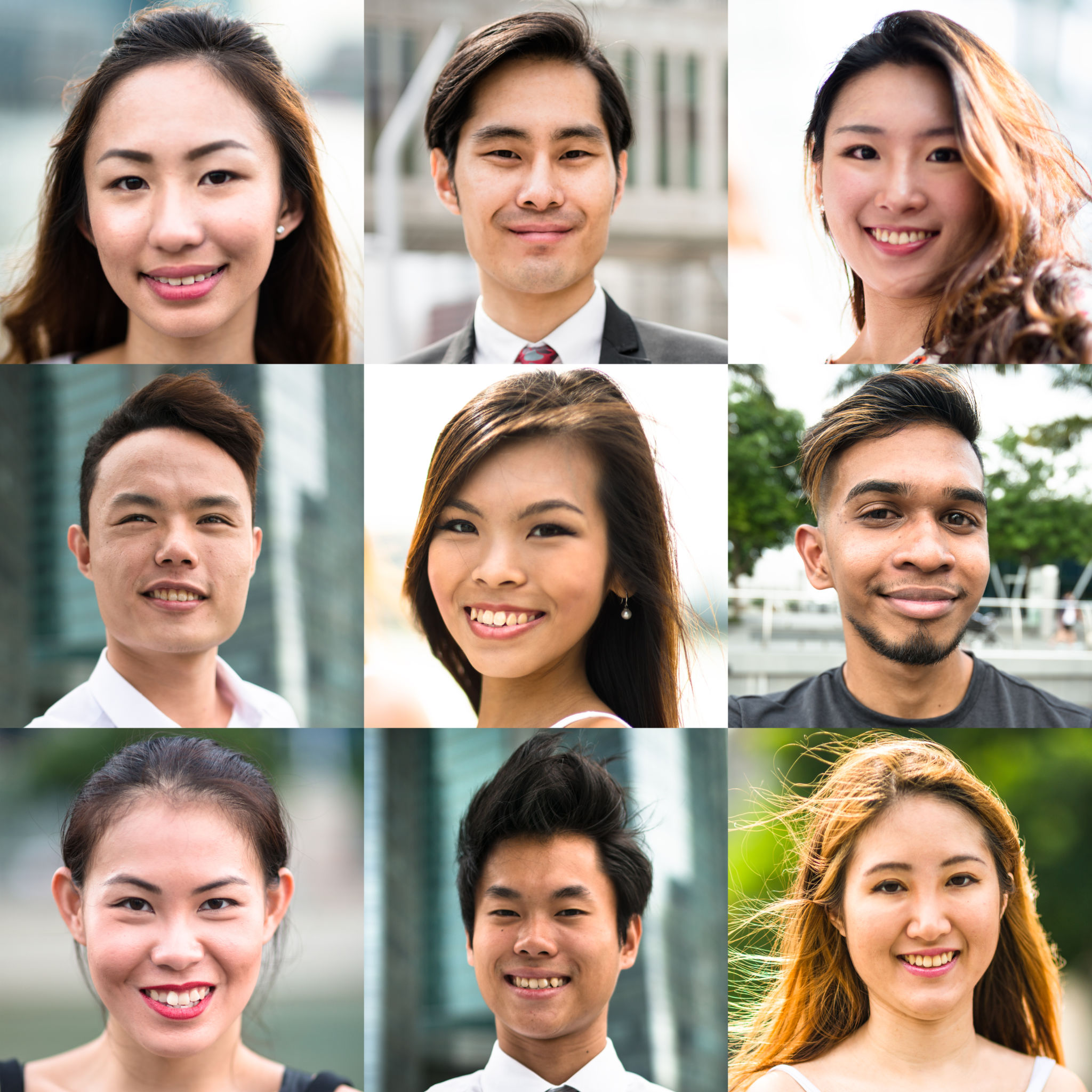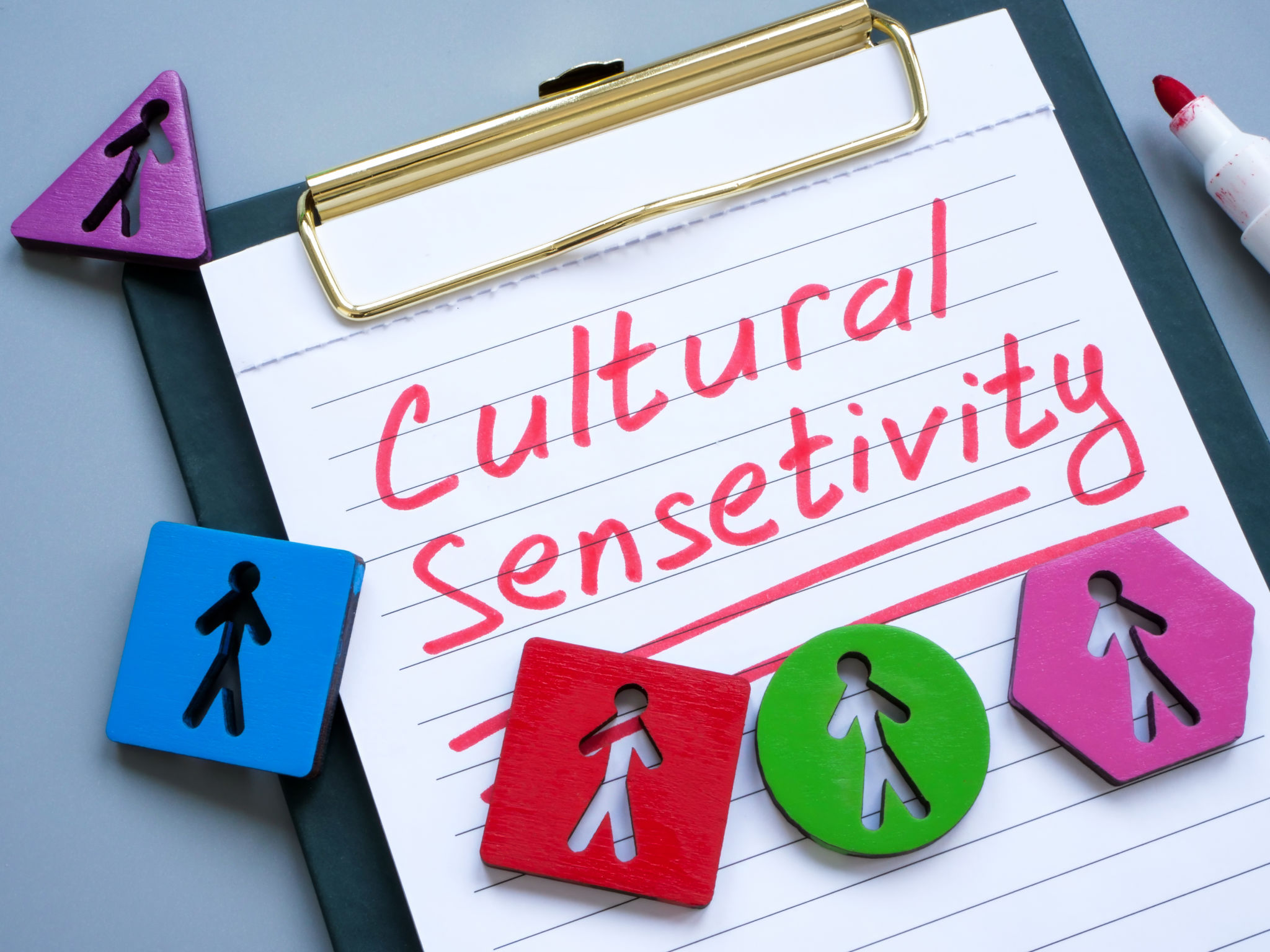The Role of Cultural Sensitivity in Psychological Counselling in Singapore
Understanding Cultural Sensitivity
In a multicultural society like Singapore, cultural sensitivity in counselling is of paramount importance. With a diverse population comprising various ethnicities, religions, and cultural backgrounds, counsellors must be adept at understanding and respecting these differences to offer effective, empathetic support.
Cultural sensitivity involves being aware of and acknowledging the cultural backgrounds of clients. It requires counsellors to not only recognise cultural differences but also to integrate this understanding into their therapeutic practices. This approach helps in building trust and rapport, which are crucial for successful counselling outcomes.

The Impact of Cultural Sensitivity on Therapy
Cultural sensitivity can significantly influence the therapy process. When counsellors appreciate and respect their clients’ cultural perspectives, it fosters an environment where clients feel seen and understood. This can lead to more open communication, enabling clients to express themselves freely without the fear of being judged or misunderstood.
Moreover, cultural sensitivity can help in identifying culturally specific stressors that may impact a client’s mental well-being. Recognising these factors allows counsellors to tailor their therapeutic approaches to address these unique challenges effectively.
Challenges in Culturally Sensitive Counselling
While cultural sensitivity is essential, it does come with its own set of challenges. Counsellors may face difficulties in fully understanding the cultural nuances of each client, given Singapore's diverse demographic landscape. This can sometimes lead to misinterpretations or oversimplifications of cultural beliefs and practices.

Additionally, there is a risk of stereotyping if counsellors rely too heavily on generalisations about a particular culture. It is crucial for therapists to approach each client as an individual, appreciating that cultural identity is complex and multifaceted.
Strategies for Enhancing Cultural Sensitivity
Counsellors can adopt several strategies to enhance cultural sensitivity in their practice. Continuous education and training on cultural competence can provide valuable insights into different cultural norms and values. Engaging in self-reflection and seeking supervision can also help counselors become more aware of their own biases and assumptions.
Another effective strategy is incorporating culturally relevant materials and resources into therapy sessions. This could involve using culturally appropriate language, metaphors, or examples when discussing psychological concepts with clients.

The Future of Psychological Counselling in Singapore
As Singapore continues to evolve as a multicultural hub, the role of cultural sensitivity in psychological counseling will only grow in significance. Embracing diversity and fostering an inclusive therapeutic environment will be instrumental in meeting the mental health needs of the population.
Counsellors who prioritise cultural sensitivity are better equipped to navigate the complexities of a diverse society, ultimately contributing to more effective and meaningful therapeutic relationships.
